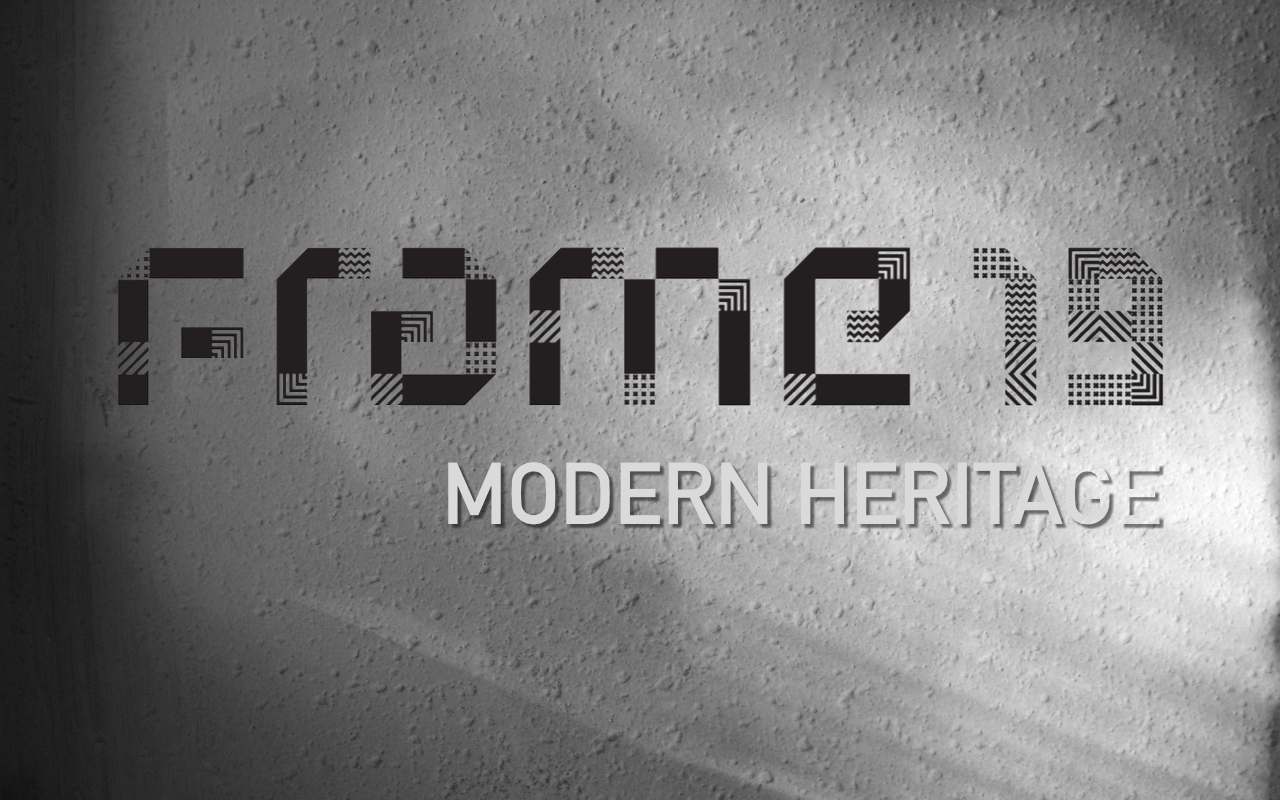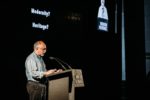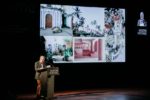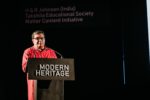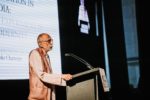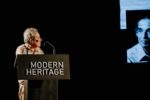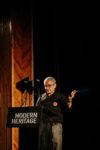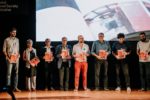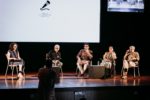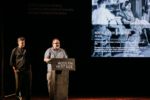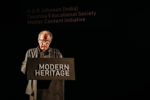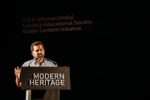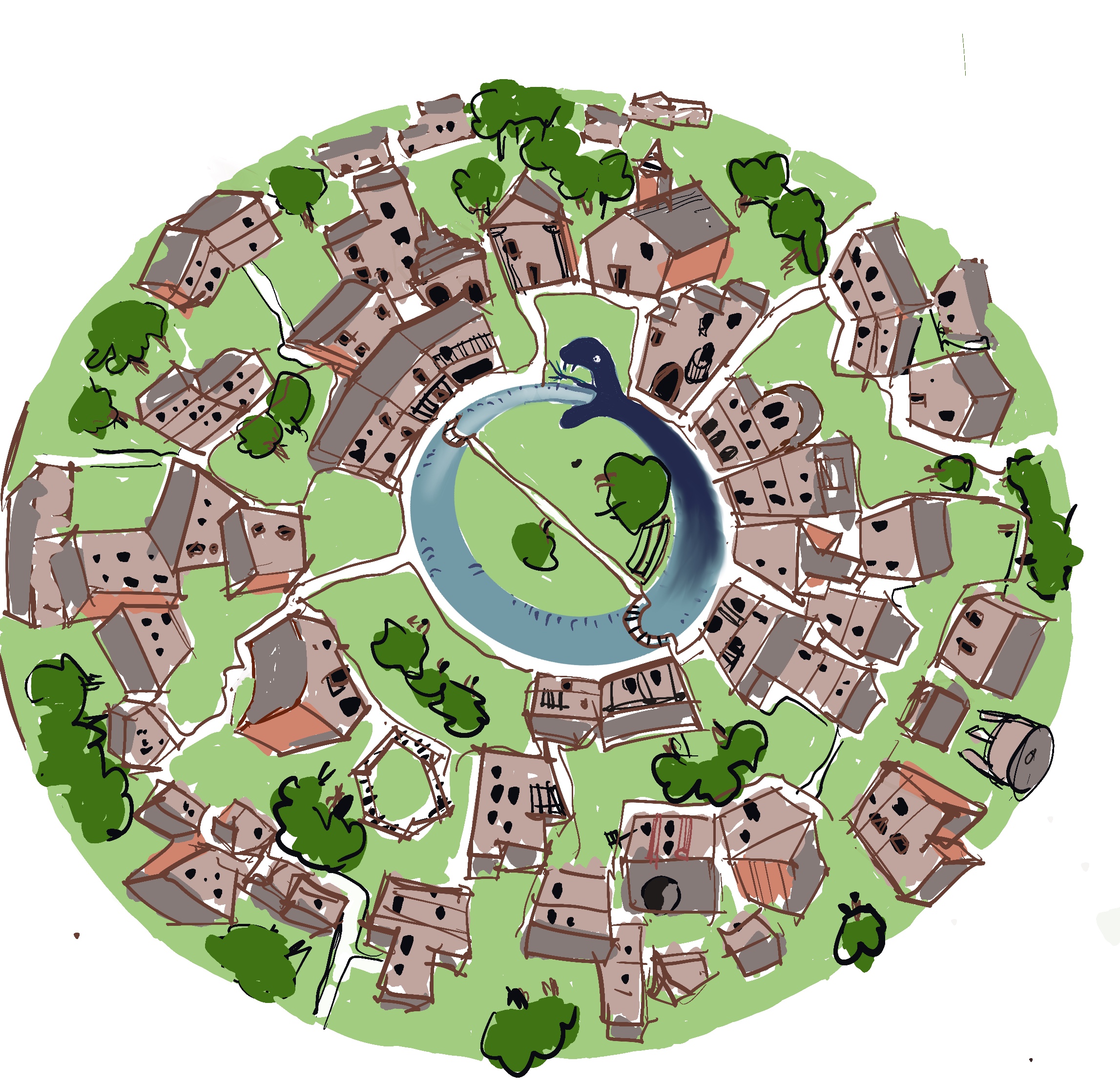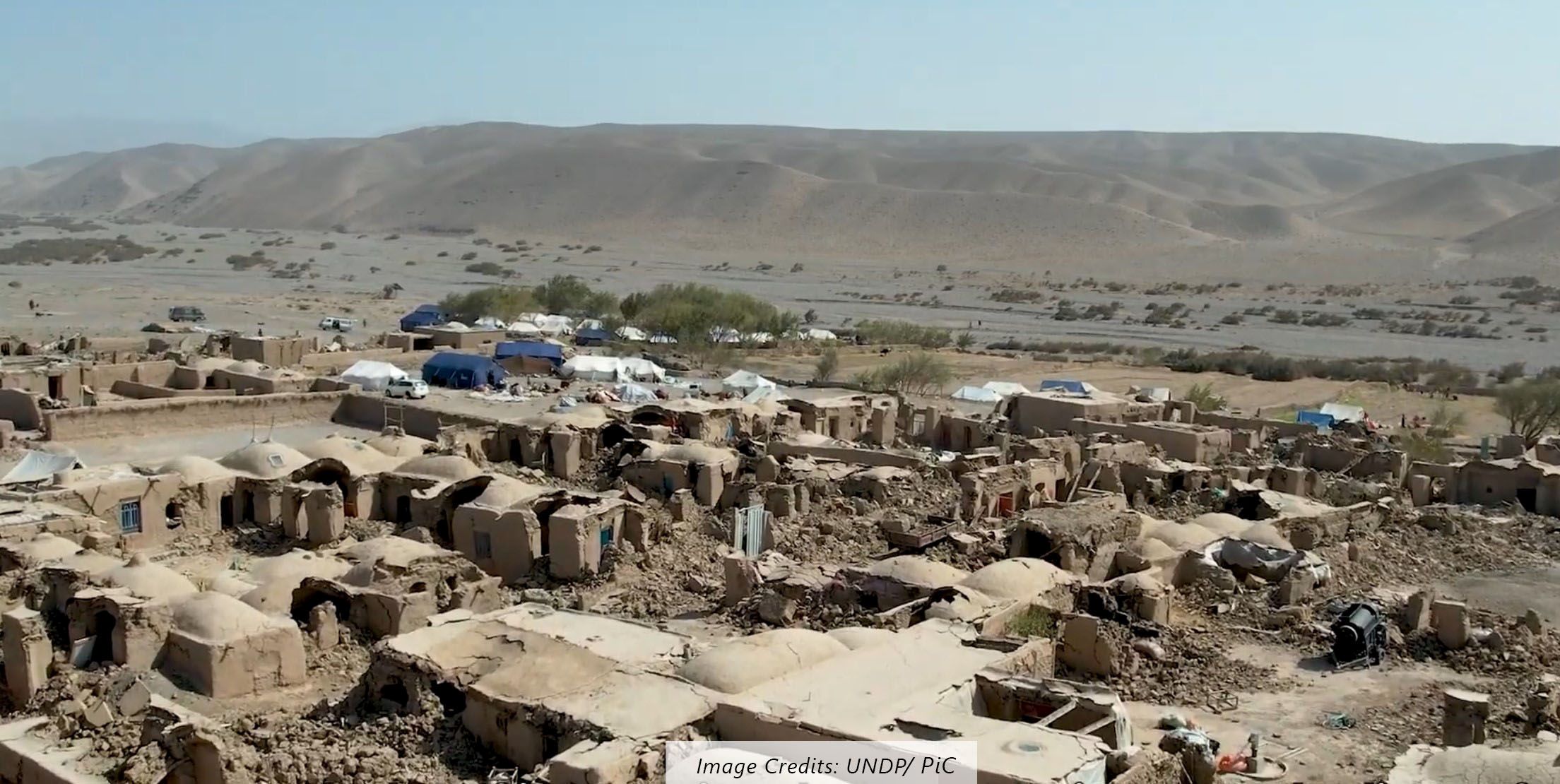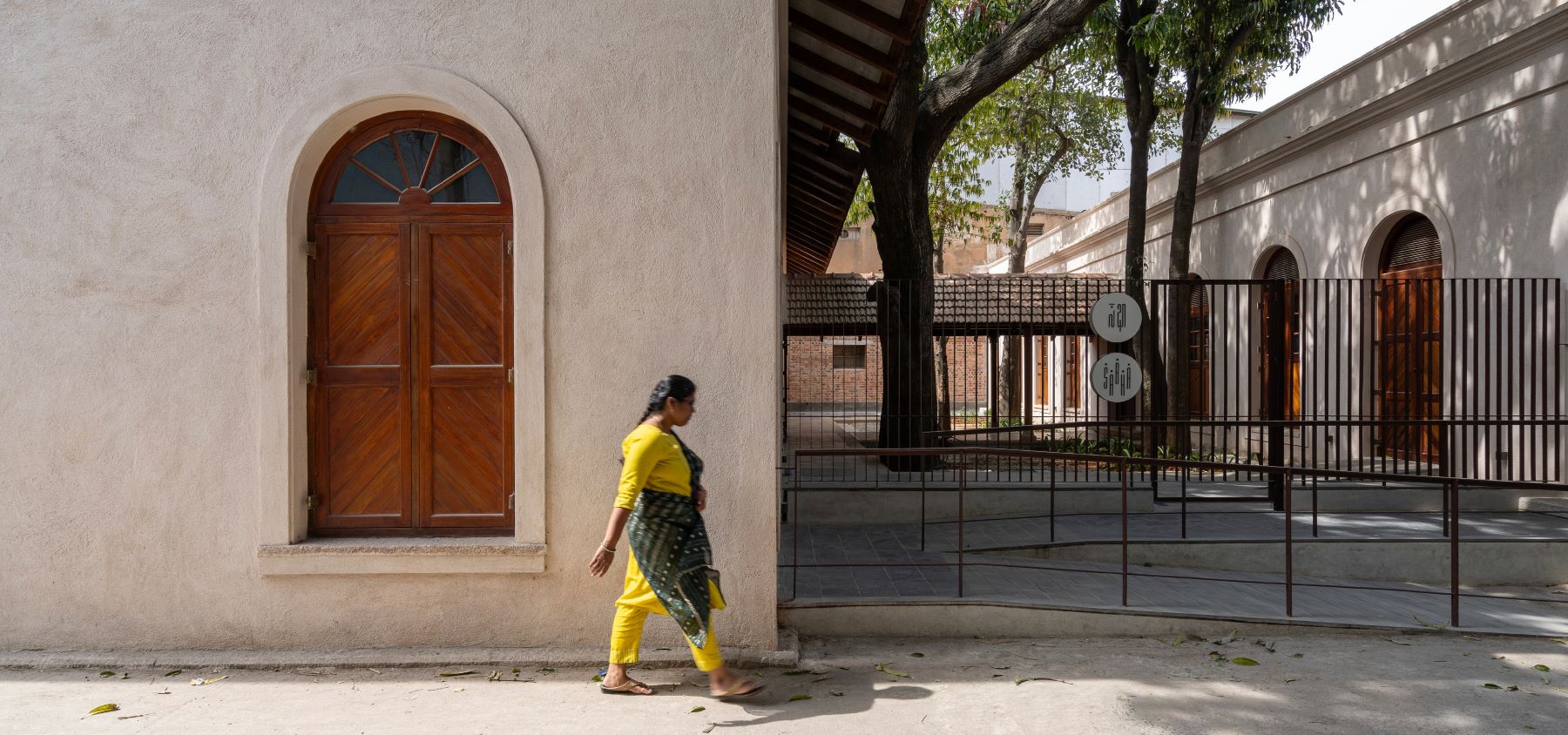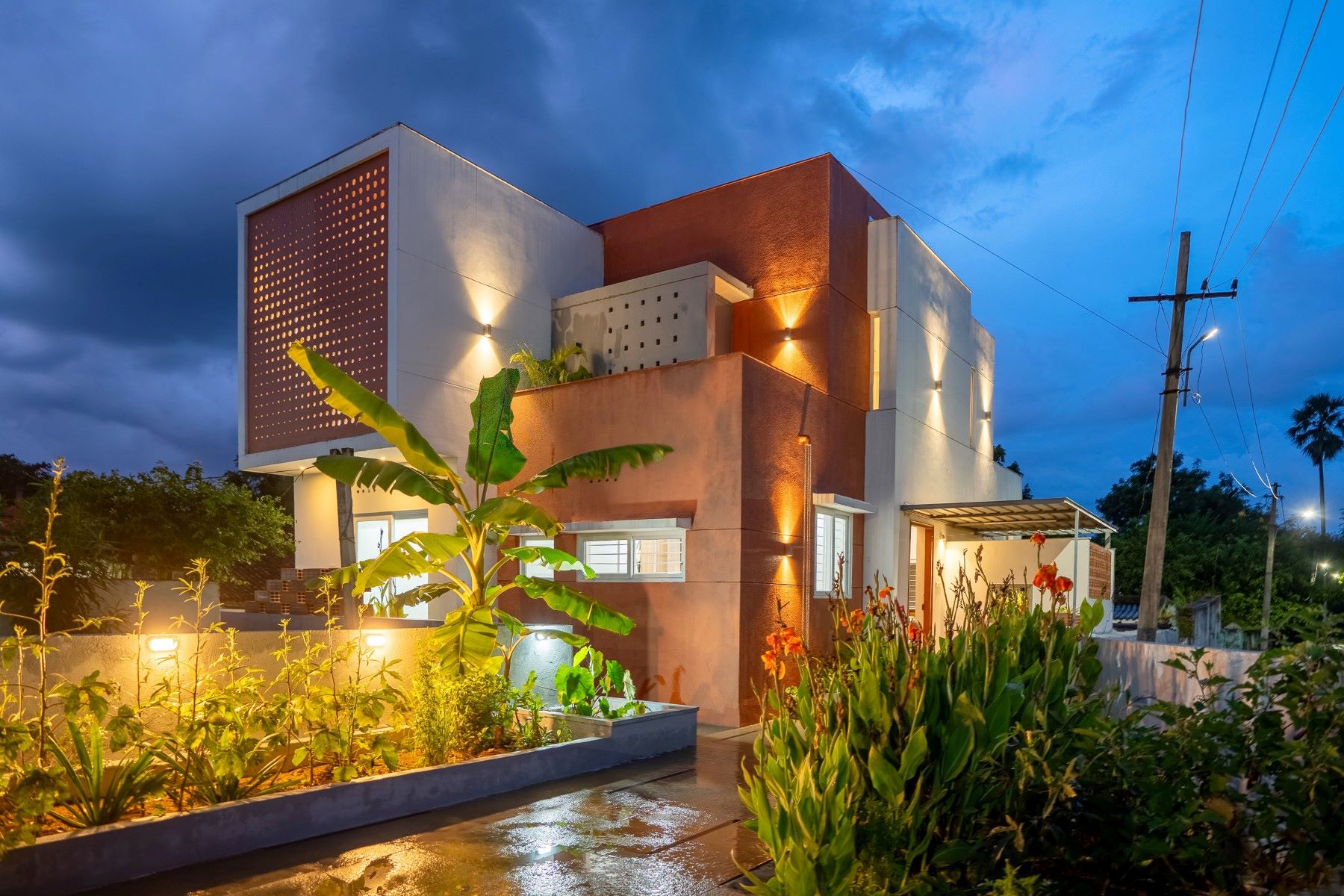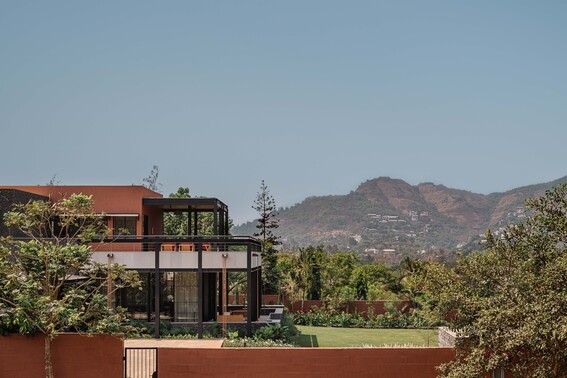Frame Conclave 2019, an independent, biennial conclave on contemporary architecture in India was hosted over the course of three days from 16th-18th August 2019 at National Institute of Oceanography in Goa. Curated by Matter and organised in partnership with H & R Johnson (India) and Takshila Educational Society, the intent of the conclave which was to provoke thought on issues that are pertinent to pedagogy and practice of architecture in India. The 2019 edition of the conclave focused on the theme, ‘Modern Heritage.’
At the outset, the theme emerged from the idea that: “Architects and engineers working in India and the subcontinent from the dawn of the twentieth century till the crucial economic reforms of the 1990s led the search for an architecture of India and in this process, produced works that were exceptional in their intellectual content.
The Independence Movement and the promise of a new democracy saw many designers in India – the first generation of Indian modernists- seek a vocabulary for architecture and design that subscribed to the framework of international modernism and yet, was rooted in the physical and metaphysical realms of India: our own modernity!
These works and ideas challenged the most fundamental issues and concerns of building in India in a language that does not mimic the past and yet, confronts our rich and plural history.
MODERN HERITAGE seeks to reflect on the time between the years 1935 and 1995 to evaluate this legacy that continues to shape our contemporary lives.”
Images from Day 1
A set of eleven films were screened and twenty-six speakers, panellists and moderators presented extensively on the subject from various perspectives, raising pertinent enquiries and responding to broader definitions of ‘modern’, ‘modernity’, and ‘modernism’. The conclave witnessed participation from around 650 delegates, architects and architecture students from across India.
Works in the history of modern architecture and design in India and the contradictions, compliances and significance of these inherited legacies in contemporary wisdom were discussed. Insights into the contributions of Habib Rahman, Achyut Kanvinde, Mahendra Raj, Hasmukh Patel, were presented by the second-generation photographer, Ram Rahman, and architects, Sanjay Kanvinde, Rohit Mehndiratta and Vandini Mehta and Bimal Patel respectively. Lectures and films discussed works and visions of Charles Correa, Laurie Baker, Balkrishna Doshi Geoffrey Bawa, Dashrath Patel, M K Gandhi, Rabindranath Tagore, Le Corbusier, Jawaharlal Nehru, Muzharul Islam, Louis Kahn, many women architects in India, and institutions such as NID. The emerging panorama of ideas and images offered a glimpse into the strongholds that form a narrative for the idea of modernity in India and its subcontinent.
Images from Day 2
As a part of the event, the third edition of [IN]SIDE, a journal and an online platform [www.insidereview.in] on contemporary practice and architecture, an initiative by Matter. and H & R Johnson (India) was also launched. The valedictory ceremony and panel discussion on the 2018-19 cycle of The Merit List, a peer-to-peer review to recognise projects of critical relevance in the context of contemporary architecture of India formed an integral extension to the forum.
Speakers from Day 3
An active appeal was also made to contribute to the ongoing ‘Save Kala Academy’ petition by Charles Correa Foundation to counter the decision by the Government of Goa to demolish one of the significant buildings post-Independence in India, and one of the few truly civic spaces of Goa.
The effort was to explore the complications of defining ‘modernity’ in a landscape and context of India and its subcontinent.
LIST OF SPEAKERS, PANELISTS & LECTURE TITLES AT FRAME CONCLAVE 2019: A Srivathsan Constructing the Sacred in Modern India David Robson Remembering Bawa Pratyush Shankar Experiments in City Planning and Ideas of Modernity (1880-1940) Tridip Suhrud Neelkanth H. Chhaya The Architecture of Gandhi Rohan Shivkumar Avijit Mukul Kishore Nostalgia for The Future Lovely Villa Bimal Patel Hasmukh C. Patel's Architectural Style Riyaz Tayyibji M.K. Gandhi and Le Corbusier: An Unlikely Dialogue Presented on behalf of - Mary Norman Woods Claiming Space/Designing Space: Women Architects in Modern India Ram Rahman Nehru and the Delhi Modern Movement: Architecture and Design in Delhi 1947-1980 Pankaj Vir Gupta, Christine Mueller The Architecture of Golconde Sanjay Kanvinde Works of Achyut Kanvinde – Akār Peter Scriver India: Modern Architectures in History Ranjit Hoskote Charles Correa: Trajectories and Contexts Himanshu Burte Laurie Baker: Critical Practitioner Ashoke Chatterjee Design Education in India: An Experiment in Modernity Alka Pande Saundarya Shastra/ Aesthetics India Modern(ities) Prem Chandavarkar The Human Within the Architect Seema Chishti Political History and Modernity Rohit Raj Mehndiratta, Vandini Mehta Works of Mahendra Raj Kazi Khaleed Ashraf Muzharul Islam and Louis Kahn in Bangladesh: A Contrapuntal Modernism Bijoy Ramachandran Premjit Ramachandran Doshi: Return to Formlessness LIST OF FILMS SCREENED AT FRAME CONCLAVE 2019: O Horizon (2018) Doshi (2009/2019) Nostalgia for the Future (2017) A Day with the Builders (1979) Chandigarh (1969) Gandhi, Nehru and Modern Art (1999) Moving Focus: A Voyage with K G Subramanyan (2006) A Talk by Bawa (2003) Lovely Villa (2019) Modern Art: 1947-1997 A Summer Story (1987)

